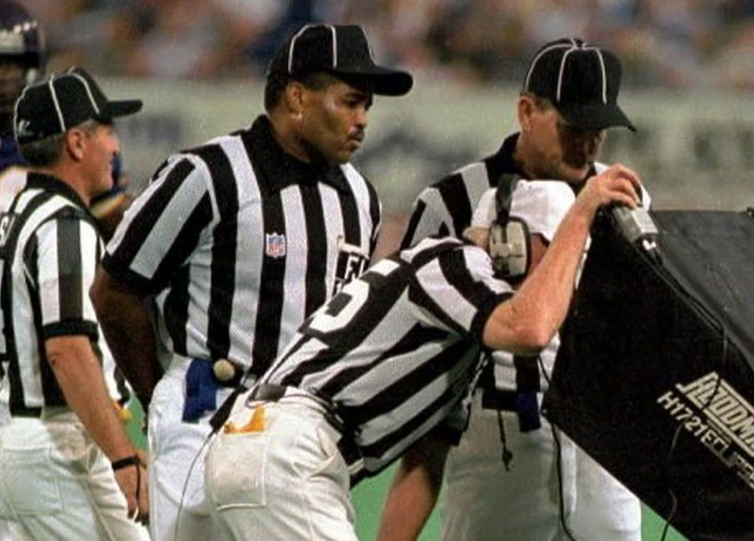
Some cases are easy to understand and some require research and expert opinions. All malpractice cases in Pennsylvania require that I obtain a certificate of merit from a doctor with a specialty in the appropriate area of medicine. Generally, I prefer a clean, clear set of injuries and damages.
What sort of cases are ones that I take vs. turn down? Generally, psychiatry cases are non-starters for me. It is very hard for jurors to be sympathetic to psychological disorders and mental health providers have a much higher protection from suit than your average doctor. I see other lawyers taking cases where the claim is failure to prevent suicide, but these are very, very tough cases and ones with little upside and a lot of risk. I also don’t take cases involving back surgeries, because they are just a muddled mess once you get into them and people will go back for surgery after surgery without pain resolution. These situations are so common that the orthopedists call them failed back surgery syndrome. This is not a good set up for a malpractice case.
The easier cases to analyze are ones where doctors simply miss a critical test or lab result or radiology study that would have saved the patient. Say, you are in the hospital and a scan is ordered, read, and not communicated to the person on duty. Or, the person on duty simply goes off shift and nobody follows up? That then results in distress or death and that becomes a valid case.
Favorite cases are failure to diagnose blood clots or pulmonary embolisms, failure to diagnose cauda equina syndrome, delayed diagnoses of all types, and of course, nobody’s favorite wrong site surgeries.
While rare, a wrong site surgery is when you go in to have your cancerous left kidney removed and the doctor removes the healthy right one. This used to happen more than it does now, thankfully. There was a doctor in New York who performed a wrong site brain surgery once when I was a younger lawyer. He blamed nurses for the CT scan being upside down on the lightbox. Not good.
The really tough calls are ones where there is a clear injury like a bladder or colon perforation followed by the doctors doing their best to fix the unintended injury. Often in these cases, there are simply devastating complications or injuries. If a colon injury is not recognized rapidly, patients become septic and can die. Bladder injuries are hard to isolate and cause a lot of complications. So, in the initial analysis, you may have a clear injury and major damages, like permanent digestive problems or a colostomy bag or other things that are life changing injuries. But, was there malpractice? Is the injury a known complication of the surgery? These are where judgment and experience come into play.
What if the surgery causes a known complication, meaning one that is recognized to occur? And, what if the complication rate is 1% of all the surgeries performed result in this devastating injury? What that means is that the surgeon caused an injury that they knew could occur, they were not careful enough, and 99% of the surgeries performed are completed without this injury. Is that malpractice? I don’t know. It certainly is enough to get the records, get an expert opinion, and decide the risks and benefits of bringing suit. I think I would file suit on that one.
